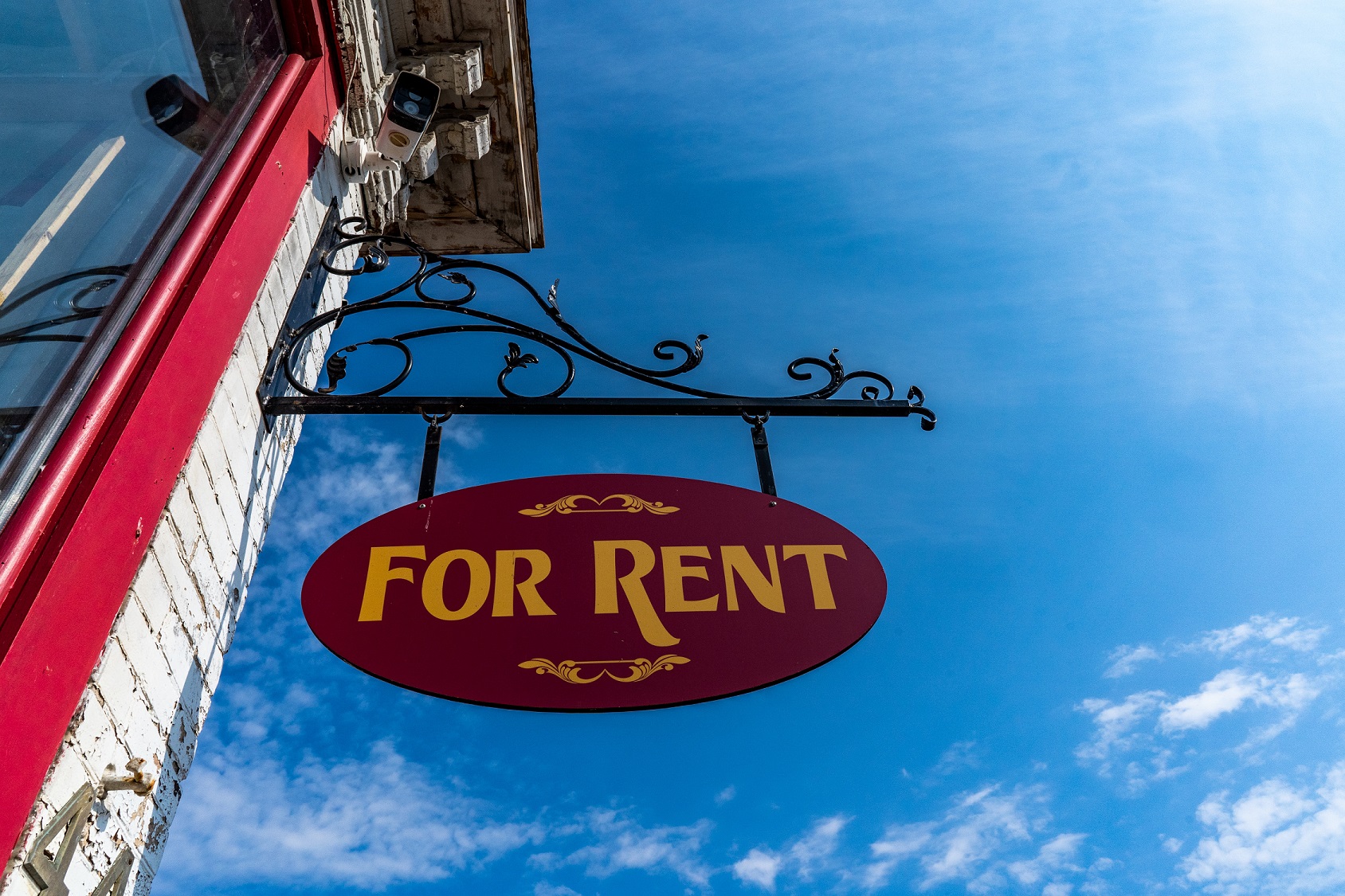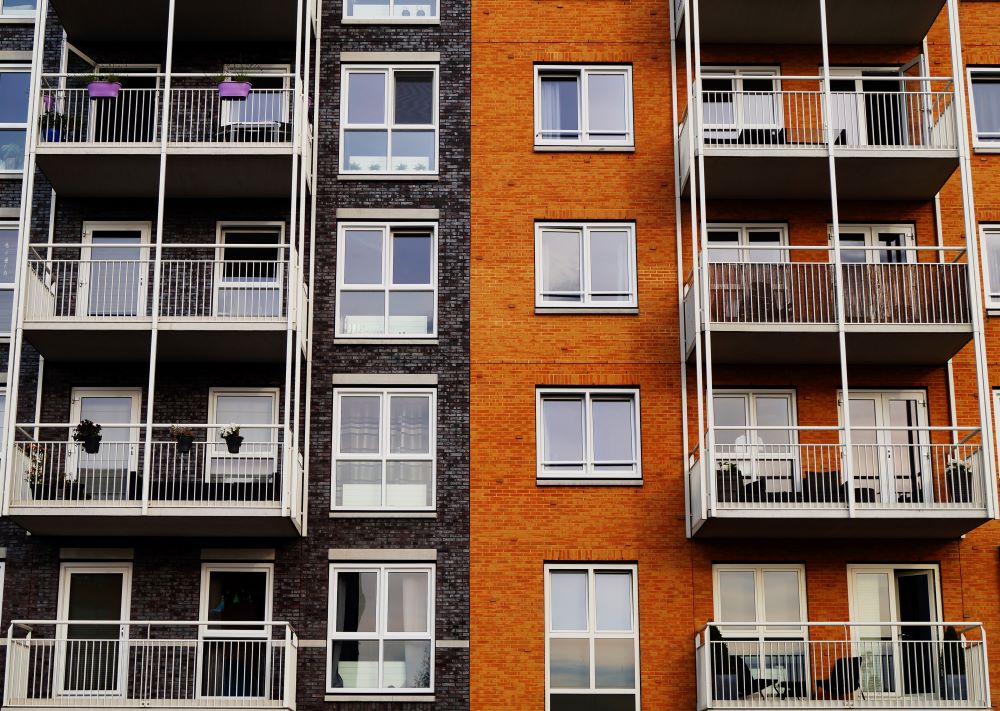Local police departments or legal aid offices may be able to help victims if the behavior is a crime or if there is an imminent eviction.
The U.S. Attorney’s Office for the Southern District of Indiana, the Justice Department’s Civil Rights Division, and the United States Department of Housing and Urban Development’s (HUD) Office of Inspector General (OIG) hosted a roundtable today, April 19th, 2024, for community organizations to discuss the problem of sexual harassment in housing.
The Justice Department’s Civil Rights Division launched the Sexual Harassment in Housing Initiative, an effort to combat sexual harassment in housing, in October 2017. The Initiative seeks to address and raise awareness about sexual harassment by landlords, property managers, maintenance works, loan officers, and other people who have control over housing, as well as build strong partnerships in the community to combat this problem together. In March 2023, HUD OIG launched an initiative to address the egregious civil and criminal sexual misconduct allegations involving federally subsidized housing. This initiative, which furthers HUD OIG’s mission of preventing and detecting fraud, waste, and abuse within HUD, protects HUD’s programs and the vulnerable beneficiaries of these programs from abuse involving sexual misconduct.
Event attendees included organizations that work with vulnerable populations who are most likely to become victims of sexual harassment in housing including legal aid offices, fair housing organizations, shelters and transitional housing providers, as well as federal and local government agencies from across the state of Indiana.
While most people are familiar with the problem of sexual harassment in the workplace, harassment also occurs in housing. The Department of Justice, through the U.S. Attorneys’ Offices and the Civil Rights Division, enforces the federal Fair Housing Act, which prohibits discrimination in housing on the basis of race, color, religion, sex, familial status, national origin, and disability. Sexual harassment is a form of sex discrimination prohibited by the Act.
The Justice Department brings cases each year involving egregious conduct, including allegations that defendants have exposed themselves sexually to current or prospective tenants, requested sexual acts in exchange for reduced rents or making necessary repairs, made unrelenting and unwanted sexual advances to tenants, and evicted tenants who resisted their sexual overtures.

“Sexual harassment in housing might not be as visible as harassment in the workplace but can be just as egregious, and is often underreported,” said Zachary A. Myers, U.S. Attorney for the Southern District of Indiana. “Landlords or superintendents using the power they have over tenants to extort sexual acts, or even commit assaults, is intolerable. Our office is dedicated to uncovering such violations where they exist and vigorously enforcing the law.”
“HUD tenants deserve to feel safe in their homes without the threat of their landlord or anyone in a position of power over their housing, making sexual demands or overtures,” said Inspector General Rae Oliver Davis. “HUD OIG is committed to working with the U.S Attorney and the DOJ to hold accountable landlords who prey on vulnerable tenants and housing applicants.”
U.S. Attorney Myers thanked Assistant United States Attorneys Jeffrey Preston, Joi Kamper, and Adriana Figueroa for their work in affirmative civil enforcement of our civil rights laws.
Local police departments or legal aid offices may be able to help victims if the behavior is a crime or if there is an imminent eviction.
If you or someone you know has information about or has been a victim of sexual harassment, sexual assault, or sexual exploitation—even if the events occurred years ago—report it to the HUD Office of Inspector General Hotline at 1-800-347-3735 or visit the website at www.hudoig.gov/hotline. You may also file a complaint with HUD’s Office of Fair Housing and Equal Opportunity at https://www.hud.gov/fairhousing/fileacomplaint.
Individuals who believe they may have been victims of discrimination may also file a complaint with the U.S. Attorney’s Office at www.justice.gov/usao-sdin/civil-rights or by email to USAINS-CivilRights@usdoj.gov. More information about the Justice Department’s Civil Rights Division and the laws it enforces is available at www.justice.gov/crt.


Join the conversation!